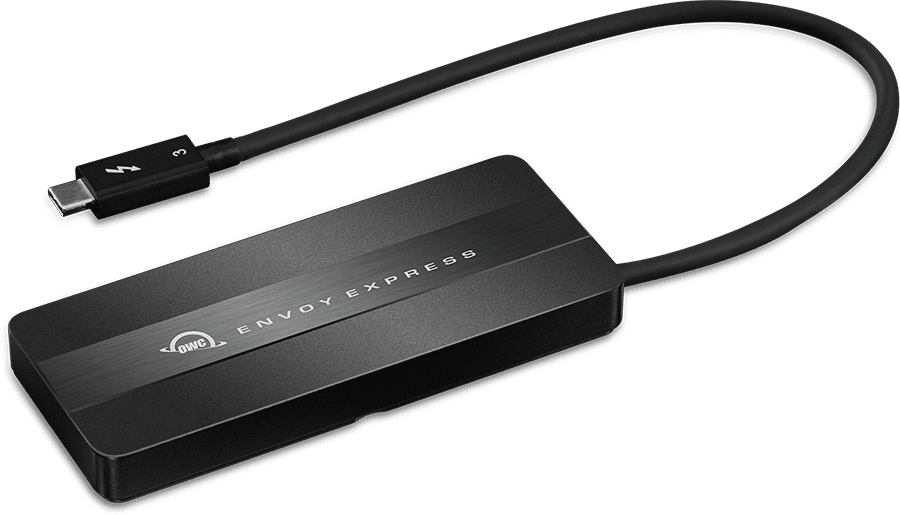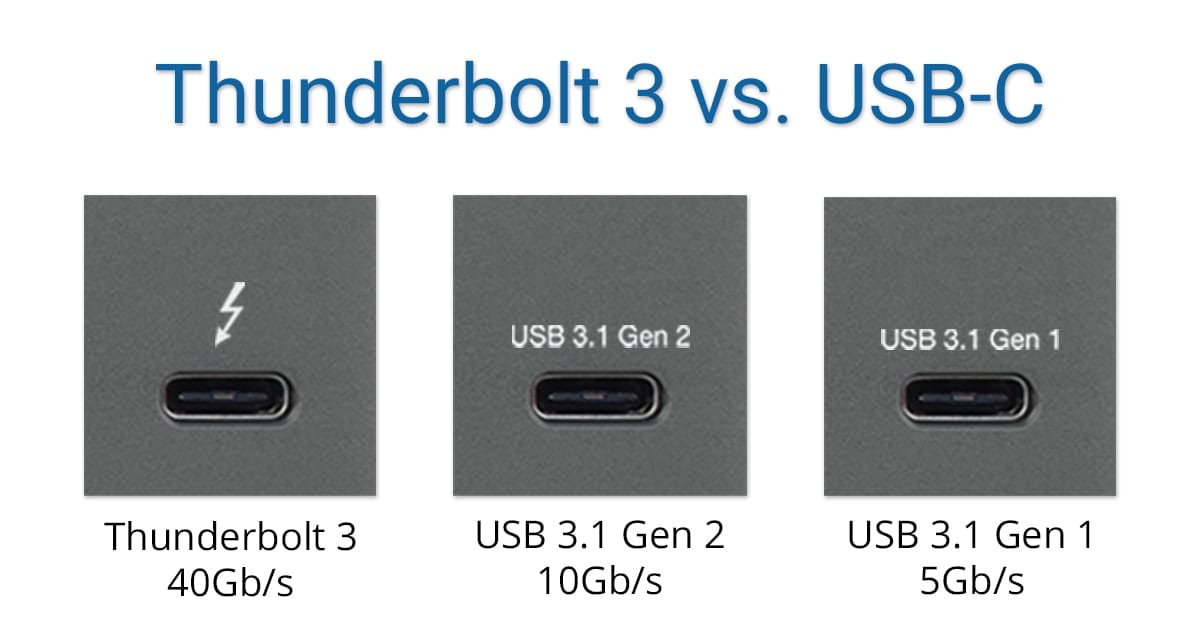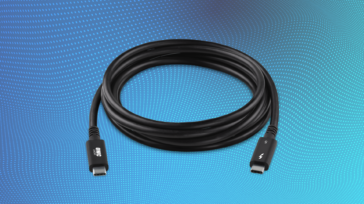
Last week OWC announced another industry milestone with the introduction of the world’s first Thunderbolt™ 3 certified bus-powered storage enclosure – the OWC Envoy Express. Currently available for pre-order, it will begin shipping in August.
The Envoy Express has generated a lot of interest and excitement, but it has also led many people to ask what it means to be “Thunderbolt-certified.” After all, there are currently several Thunderbolt-compatible bus-powered enclosures on the market. We’ll hit compatibility in a moment, but let’s talk certification first.
Thunderbolt Certification is a Big Deal
The problem with NOT having a Thunderbolt-certified product is one of reliability and credibility. The Thunderbolt technology is Intel’s property, so unless the product is certified, you can’t be sure it will perform the way it’s supposed to – consistently at peak performance. Without certification, there are no assurances either now, or later down the road that the product will operate safely and efficiently, harnessing all of Thunderbolt’s capabilities with future OS or chipset firmware updates.
Both Apple and Intel require rigorous testing for product certification. It’s a process that takes time, but it ensures the consistent experience promised of Thunderbolt and prevents unexpected problems with dependable operation, verified safety, rock-solid data security, ongoing compatibility, etc. This is why OWC goes the extra mile and sacrifices nothing when it comes to the quality and reliability of its products.
Thunderbolt Compatibility vs. Certification
“Thunderbolt Compatible” is an industry marketing term used for USB-C devices. The phrase evolved organically and can be (understandably) confusing. We at OWC have also adopted the term for our USB-C products but always do our best to explain what it means in our product literature and marketing materials.
So, what is a Thunderbolt 3-compatible device? Simply put, it is a USB-C device that can be plugged into a Thunderbolt 3 port on your computer and operate just fine. However, it will not reap the benefits of the Thunderbolt 3 technology such as up to 4X the speed and the ability to daisy-chain up to six devices.
In other words, Thunderbolt-compatible devices are not true Thunderbolt solutions but do utilize the same USB-C connection. While computers with Thunderbolt 3 support all USB-C devices, only actual Thunderbolt devices offer higher performance capabilities, certified reliability, and stability that Thunderbolt 3 is designed to deliver.
For a more detailed explanation of the difference between USB-C and Thunderbolt 3, check out the Rocket Yard article, “What’s the Difference Between Thunderbolt 3 and USB-C and Which Should You Use?“
Envoy Express Certification
As previously mentioned, certification for the Envoy Express was a rigorous process. Why? Because it is a bare enclosure that allows you to install your own drive. This means that we had to ensure that it would support any 2280 M.2 NVMe SSD from any manufacturer – past and present – and that was a hefty task. We had to consider many factors, including power impact on the bus with all the various drives – getting this wrong could create issues with the device’s operation, risk data loss, even damage the host or other devices on the chain. This takes a lot of work, time, and testing.
But it was worth the effort. There are no other bus-powered 0GB enclosures legitimately available today approved for use on the Thunderbolt bus. And being certified means it will always work and will always be supported.











Thanks for the interesting article. When will Thunderbolt 4 be released?
No official date has been given, but expect it by the end of the year.
Isn’t it rolled in to USB4 as one standard. https://en.wikipedia.org/wiki/USB4
Thunderbolt 4 is going to be the basis of the USB4 protocol specification. We are actually working on an article right now that is going to go more in-depth into what that means as well as how TB4 is different from TB3, USB3/DP, etc. Stay tuned!
Thanks. I thought that Thunderbolt 3 is going to be part of USB4, but Thunderbolt 4 will be the next Thunderbolt version, being better and different from both Thunderbolt 3 and USB4. Check out:
Thunderbolt (interface)
Intel hasn’t been clear yet on the key differences between Thunderbolt 4 and Thunderbolt 3 but it is likely to be based on PCI Express 4.0 since the Tiger Lake architecture will support it.
https://en.wikipedia.org/wiki/Thunderbolt_(interface)#Thunderbolt_4
I have read that the USB4 covers Thunderbolt.
Be nice if Apple uses it on the new Arm Mac Pros.